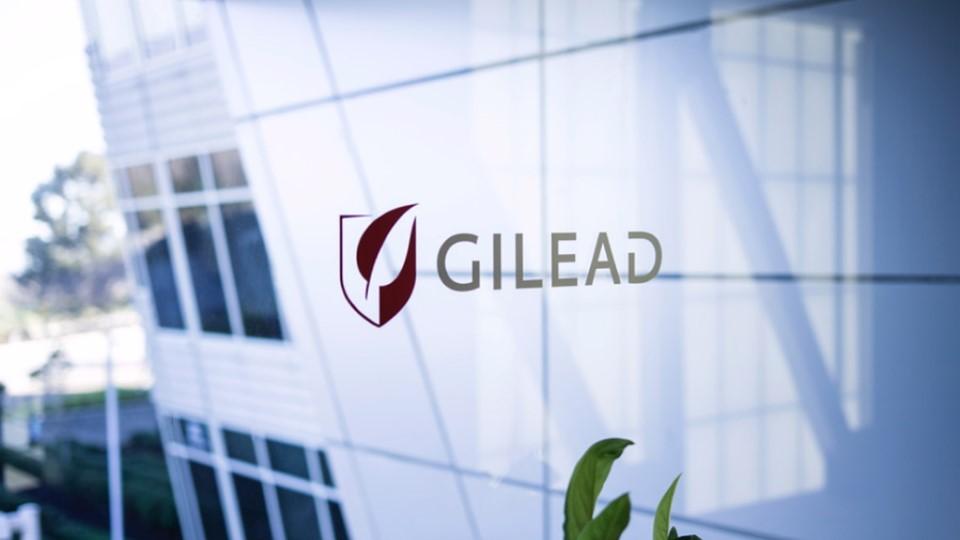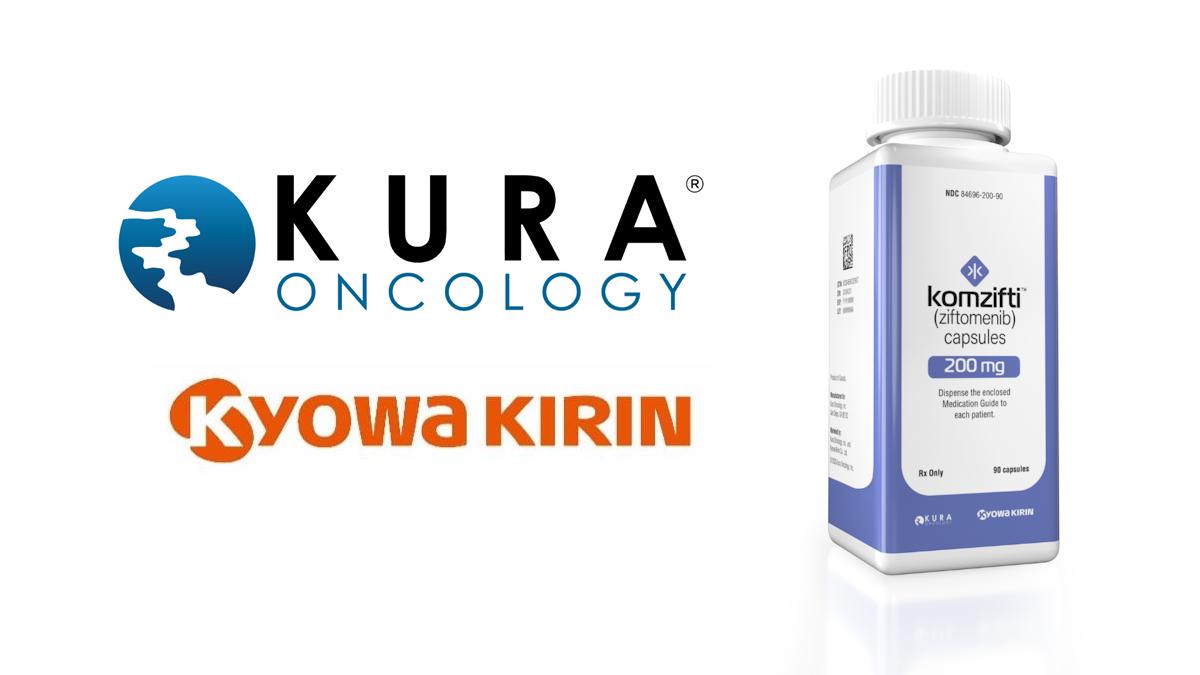FDA places Gilead's CD47 drug on another clinical hold

Gilead is dealing with more turbulence in its development of CD47-targeting antibody magrolimab, with a partial clinical hold placed on the drug by the FDA in acute myeloid leukaemia (AML).
The regulator's decision comes just a few weeks after Gilead abandoned the development of magrolimab for myelodysplastic syndromes (MDS), another blood cancer that can develop into AML, after disappointing results in a phase 3 trial.
The hold means that screening and enrolment of new subjects in AML trials will be paused, but patients already in the study will be able to continue to receive treatment. New sign-ups for an expanded access programme for the drug will also be paused, but Gilead stressed that magrolimab studies in solid tumours are unaffected.
Gilead's AML programme for magrolimab includes the ENHANCE-2 study as a first-line therapy alongside azacitidine or intensive chemotherapy in AML patients whose cancer expresses TP53 mutations, and the ENHANCE-3 trial as a combination therapy with venetoclax and azacitidine in previously-untreated AML patients who can't tolerate chemo.
The drug is also in phase 2 for metastatic triple-negative breast cancer (TNBC), head and neck squamous cell carcinoma (SCC), and colorectal cancer.
"Global regulatory authorities and clinical trial investigators involved in the studies have been informed of the FDA's decision," said the company in a statement, which did not expand on the reasons for the hold.
It added that it is "working with regulatory authorities to determine next steps to release the partial clinical hold for new patient enrolment in the magrolimab AML studies."
When it announced the end of the MDS programme, Gilead said the safety of the antibody was consistent with earlier experience with magrolimab, and the decision was taken as a result of a futility analysis on efficacy.
Safety concerns have dogged some other members of the anti-CD47 class, however, including Surface Oncology's SRF231 and BMS/Celgene's CC-9002, which are now both discontinued.
This is also not the first time that the FDA has placed magrolimab on a partial clinical hold. Last year, the agency paused enrolment into studies while an imbalance in serious adverse events was investigated, but relaxed the restriction a few months later.
The anti-CD47 antibody was the centrepiece of Gilead's $4.9 billion acquisition of Forty Seven in 2020. The protein has been of interest in oncology as it is expressed on malignant cells, sending out a "don't eat me" signal to immune cells.













